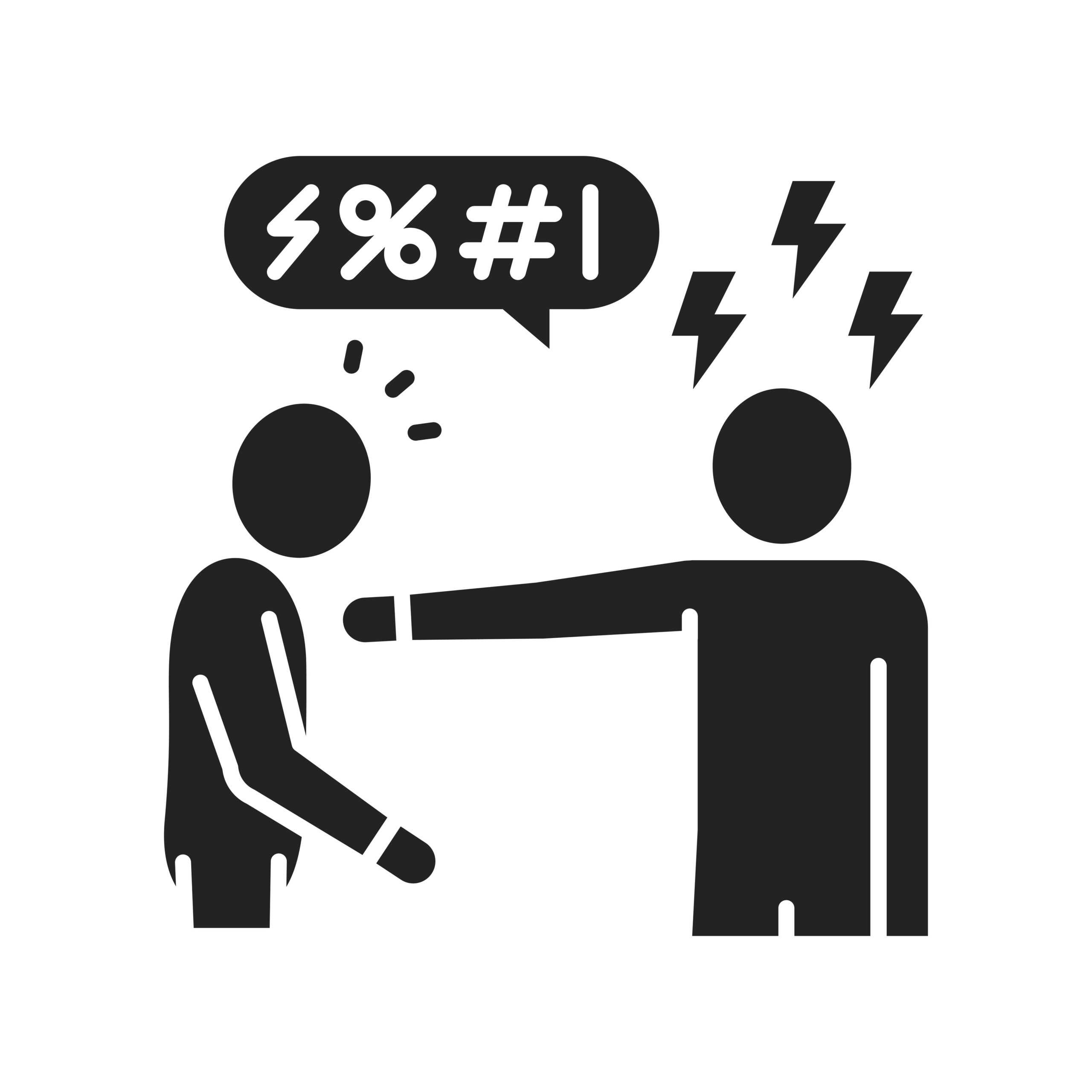What sets Eccovia apart

Innovation Beyond Compliance
Eccovia is pushing the boundaries of case management and care coordination beyond just regulatory compliance.
Intelligent Solutions
We empower providers with technologies and vision to serve their communities in ways never before possible.
Configurable Solutions
Our flexible case management solutions are built to grow as you grow, with in-app tools requiring no coding.
Experience
Trusted Partner
We know what it takes to create lasting, meaningful change in the lives of vulnerable populations.
Our Products
We’d love to hear from you! Contact us now to schedule a demo and see how Eccovia can help you help the people you serve.
Featured Blogs & Articles
International Women’s Day is an opportunity to reflect on and celebrate the contributions of women in every field and walk of life. This year’s theme of the importance of inclusion […]
February is Teen Dating Violence Awareness Month. Learn how to get involved and promote healthy, respectful relationships for teenagers, and how learning how to identify warning signs of abuse can […]
ClientConnect 2023, our inaugural peer-to-peer conference for human services organizations, was a resounding success! But if you missed out, don’t let that stop you from catching the next one. In […]
ClientConnect 2023, our inaugural peer-to-peer conference for human services organizations, was a resounding success! But if you missed out, don’t let that stop you from catching the next one. In […]
Veteran’s Day is a time to honor all those who have served our country in any of the armed forces. But too often, veterans lack support and resources and tend […]
ClientConnect 2023, our inaugural peer-to-peer conference for human services organizations, was a resounding success! But if you missed out, don’t let that stop you from catching the next one. In […]
Why Data Mining Is a Double-Edge Sword for Social Services Drawing the right conclusions from client data in social services can be challenging. How do we mine data without drawing […]
Climate change is affecting human life economically and sociopolitically, and vulnerable populations often have little recourse to protect themselves from the elements. How should communities and homeless services agencies react […]
Protecting vulnerable clients’ data has never been more important, as cybersecurity attacks have proliferated and become increasingly easy to perform. What should health and human service organizations do to increase […]
Victim service providers help individuals and families fleeing domestic violence. However, providers face additional complexity when it comes to protecting their clients’ privacy, which makes coordinating services within the continuum […]
Many caseworkers endure verbal abuse from clients. There are many de-escalation techniques, some more effective than others. How should you deal with a verbally abusive client? It starts with understanding […]
We’ve heard a lot about congressional in-fighting over the US government’s debt ceiling, and social service providers are bracing themselves for another possible government shutdown. In this article, we explore […]
Case managers are what keeps social services running, and continuing education is essential to keep them up to date with emerging trends and best practices. There are many certifications and […]
ClientTalk is where our industry experts give you their best insights and best practices across the spectrum of social services. Below is part 2 a summary of the interview from […]
ClientTalk is where our industry experts give you their best insights and best practices across the spectrum of social services. In this episode, we talk with David Lewis, our head […]
Get Started
By Phone
Contact us today to learn how Eccovia can help you achieve improved outcomes for the people your organization serves.
By Form
with one of our experts.













